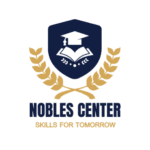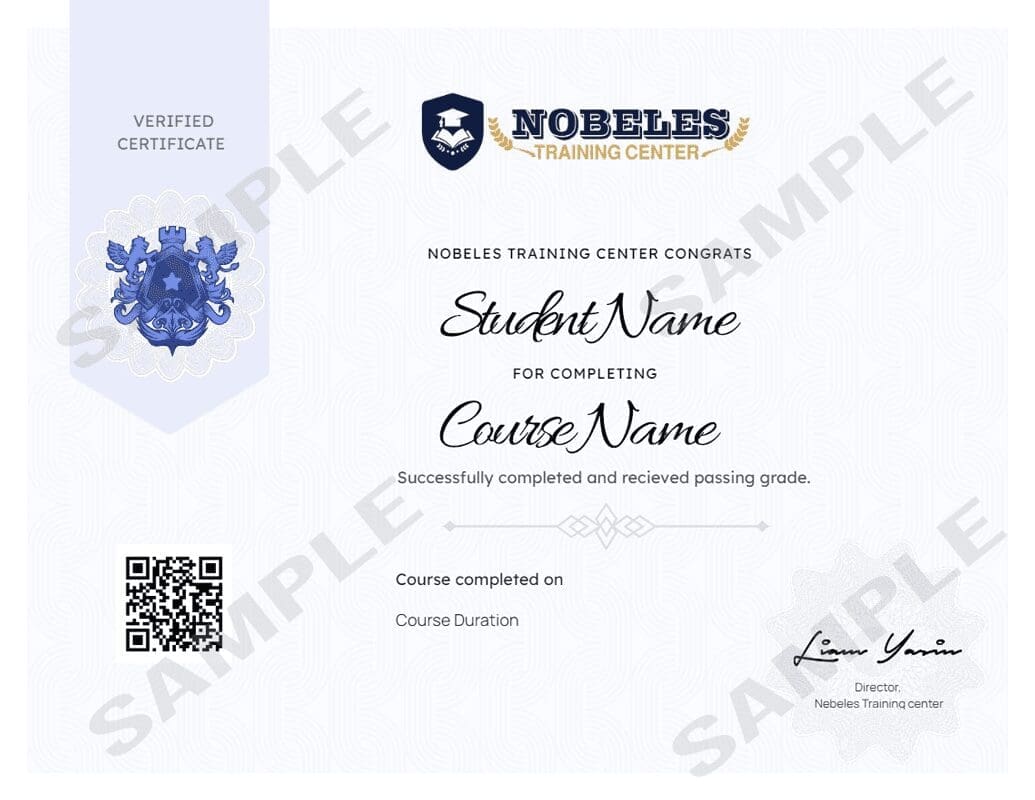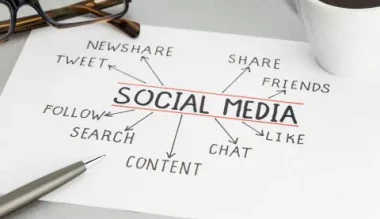Description
Curriculum
Instructor
We are continually placed in social learning situations. Whether we are continuing education, learning new skills at work, or participating in a club; learning often takes place in social settings. By fully understanding the process of social learning, it is possible to enhance both social and learning skills to reap the full benefits of any social learning situation.
Please enter your name and email to view the content:
Curriculum
- 11 Sections
- 11 Lessons
- 8 Hours
Expand all sectionsCollapse all sections
- Setting the Right Group Dynamic (I)Setting the right group dynamic (I) involves fostering a positive environment through clear communication, inclusivity, and mutual respect. Establishing roles and encouraging collaboration enhances engagement and facilitates effective learning among participants.1
- Setting the Right Group Dynamic (II)Setting the right group dynamic (II) includes recognizing individual strengths, encouraging diverse perspectives, and building trust. Regular check-ins and feedback promote cohesion, ensuring everyone feels valued and contributing to a supportive learning atmosphere.1
- Develop a Social Learning Culture at Work (I)Developing a social learning culture at work (I) involves promoting collaboration, knowledge sharing, and open communication. Encourage mentorship and peer learning opportunities to foster continuous growth and enhance team cohesion.1
- Develop a Social Learning Culture at Work (II)Developing a social learning culture at work (II) includes utilizing technology for knowledge sharing, hosting regular training sessions, and recognizing contributions. Celebrate learning achievements to motivate and reinforce a culture of continuous improvement.1
- Develop a Culture of Social Learning at Work (III)Developing a culture of social learning at work (III) involves creating safe spaces for experimentation, encouraging feedback, and integrating learning into daily activities. Leadership should model learning behaviors to inspire and engage employees.1
- Role Playing (I)Role playing (I) is an interactive method where participants act out scenarios to practice skills, enhance understanding, and explore different perspectives. This approach fosters empathy, builds confidence, and improves problem-solving abilities in real-life situations.1
- Role Playing (II)Role playing (II) allows for feedback and reflection on behaviors and strategies used during scenarios. It encourages collaboration, creativity, and critical thinking, making it a valuable tool for training and development in various contexts.1
- Utilizing the Right Tools (I)Utilizing the right tools (I) involves selecting appropriate resources and technologies to facilitate social learning. Tools like collaborative platforms, discussion forums, and multimedia resources enhance engagement, streamline communication, and support effective knowledge sharing among teams.1
- Utilizing the Right Tools (II)Utilizing the right tools (II) also includes training staff to effectively use these resources. Continuous evaluation of tool effectiveness and adapting to team needs ensures sustained engagement and maximizes the impact of social learning initiatives.1
- Modeling and Observational LearningModeling and observational learning involve acquiring skills and behaviors by observing others. This approach highlights the importance of role models, enabling individuals to replicate successful actions and strategies, thereby enhancing personal and professional development.1
- Post-TestPost-Test1
Nobles Center

5 Students146 Courses
Review
$195.00
264 students
11 lessons
Language: English
0 quiz
Assessments: Yes
Skill level All levels
Nobles Certificate
At the end of the course, you can download a copy of your certified certificate.
Nobeles Academy
Mobile Application
Download the Nobeles center mobile app from the app app store, click the button below
Courses you might be interested in
Bloom’s Taxonomy is not just for elementary school teachers. The three domains of the taxonomy apply to adult education as well. In this manual, our focus will be on the...
-
11 Lessons
$175.00
Social intelligence can seem like a complicated term and can make many of us feel nervous. But it is something we deal with every day and it can help us...
-
11 Lessons
$225.00
The internet has forever changed the way that people shop and conduct business. Even experienced marketing professionals need help navigating the pitfalls of internet marketing. Integrating the marketing techniques with...
-
11 Lessons
$295.00
Social media is an ever-evolving field. The power of social media is its ability to allow for interaction and the sharing of information with anyone. Social media platforms host online...
-
11 Lessons
$325.00






